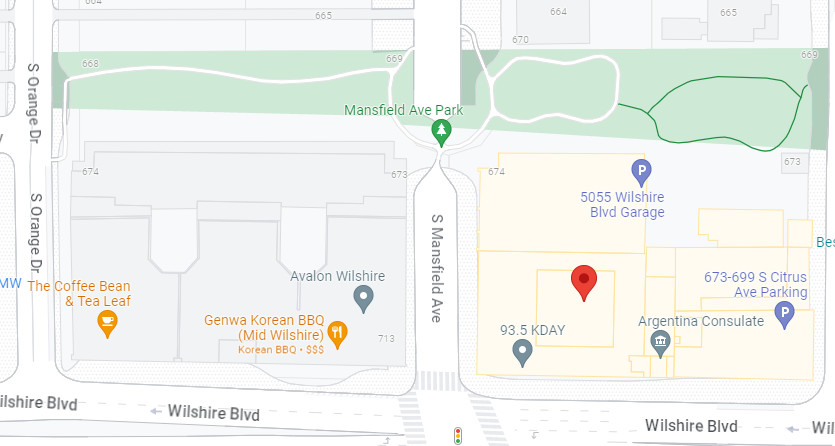The New Weight Loss Drugs: What You Need to Know
Recently, a class of prescription drugs called GLP-1 agonists—under brand names like Ozempic, Wegovy, Trulicity and Rybelsus—originally used to treat type 2 diabetes, have gained in popularity for use as miracle weight loss drugs. If you or a loved one is considering one of these drugs for the purpose of losing weight, you should first know the details about how they work, what they might cost and how to avoid common pitfalls when obtaining them.
How Do These Drugs Work?
Ozempic, Wegovy, Rybelsus and the like belong to a class of drugs called GLP-1 agonists. GLP-1 agonist drugs, which may be taken orally or by injection, work by mimicking the GLP-1 hormone that occurs naturally in our bodies. The GLP-1 hormone regulates blood sugar, controls appetite and contributes to the feeling of fullness after a meal. Individuals with type 2 diabetes lack the proper amount of GLP-1.
GLP-1 agonists work to control blood sugar and appetite similar to the GLP-1 hormone. A common (and popular) side effect is that they also induce significant weight loss. The most popular formulation of a GLP-1 agonist is semaglutide, the main active ingredient in Ozempic, Wegovy and Rybelsus.
In 2021, Wegovy became the only semaglutide-based medication to win approval from the U.S. Food and Drug Administration for chronic weight management in those who are obese or overweight and meet other medical criteria. Since Wegovy’s approval, however, all GLP-1 agonists have become increasingly popular as weight-loss interventions to such a degree that Ozempic (although not FDA approved for weight loss) and Wegovy can now be found in medical spas and ordered online through telehealth providers.
The increased demand for these drugs, spurred by their use as weight loss medications, has led to widespread shortages, including for diabetic patients.
Does the Health Plan Cover GLP-1 Drugs?
The Health Plan does not guarantee coverage for GLP-1 agonist drugs and requires a pre-authorization for all drugs in this class whether being used to treat type 2 diabetes or weight loss. When purchased out of pocket, these drugs typically cost from $900 to $1,350 a month.
If your doctor would like to prescribe a GLP-1 agonist drug for you or your dependent, they must first request a pre-authorization from CVS Caremark at (855) 271-6601. Alternatively, you can pay out of pocket for the medication.
Exercise Caution Before Taking Weight Loss Drugs
Although GLP-1 agonists are increasingly popular and becoming more widely available, you should exercise caution before taking them.
1. Know the language. Semaglutide is not synonymous with Ozempic. Ozempic is not approved for weight loss. If a provider prescribes or sends you “semaglutide,” your response should be “What’s the brand name?” Wegovy is the only semaglutide-based drug currently approved for weight loss. If you use another medication like Ozempic or Rybelsus, neither of which is FDA-approved for that purpose, you could be putting yourself at risk.
2. Know what you’re getting. You are encouraged to obtain prescription drugs like these only at reputable pharmacies so that you can be confident you are obtaining the medication you have been prescribed. With GLP-1 agonists in such short supply, it has been reported that some providers are resorting to securing these medications by other means, like compounding, which might introduce impurities, subpar ingredients or outright counterfeited ingredients.
3. Know the side effects. All medications affect each person differently. Be aware of the side effects of whatever medications you are taking in case you need to seek medical attention or advice. Common side effects of GLP-1 agonist drugs include nausea, constipation, stomach pain, fatigue and headache. Novo Nordisk, the company behind the drug Wegovy, has also warned about more serious complications when using their medication, including risk of thyroid tumors, cancer, pancreatitis, gallbladder problems, suicidal behavior or thinking and kidney failure.
4. Stay up-to-date on developing research. The use of GLP-1 agonist drugs for the purpose of weight loss is still relatively new, which means research on their potential side effects and complications is developing. Studies currently underway by the European Medicines Agency, the organization responsible for monitoring the safety of medicines in the EU, is exploring the risk of suicidal ideation among patients taking the popular weight loss drugs after reports of self-injury and thoughts of self-harm. In July, the American Society of Anesthesiologists issued a warning that patients taking GLP-1 agonists should avoid taking the medications a week before surgery as it may increase their risk of regurgitation and aspiration of food into the airway while under anesthesia—even for those who have fasted before their procedure. Researchers are also exploring a potential connection between these medications and gastroparesis (stomach paralysis). Like with any medication, staying updated on new information and developing research on the drugs can allow you to make informed decisions about your use of them.


